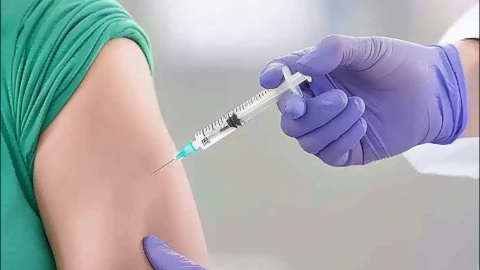Can lung cancer patients receive the COVID-19 vaccine?
The term "COVID-19 vaccine" generally refers to the vaccine against the novel coronavirus. If a lung cancer patient has completed treatments such as surgery, radiotherapy, chemotherapy, or targeted therapy and is generally in good health without significant adverse reactions or immunosuppression, they usually can receive this vaccine. However, if the lung cancer patient is currently undergoing treatments such as chemotherapy or radiotherapy, they generally should not receive the vaccine. Detailed explanations are as follows:

If a lung cancer patient has completed treatments such as surgery, chemotherapy, radiotherapy, or targeted therapy, and has recovered well without notable adverse reactions or immunosuppression, they can receive the COVID-19 vaccine. For patients whose tumors are well-controlled with normal immune function, and who are in the follow-up phase without other contraindications to vaccination, it is recommended to receive the COVID-19 vaccine timely to enhance protective immunity.
If a lung cancer patient is currently undergoing treatments such as chemotherapy or radiotherapy and has poor immunity and overall physical condition, receiving the COVID-19 vaccine is generally not recommended. This is because drug interventions may alter the patient's genetic status and immune response, potentially triggering severe adverse reactions. Additionally, patients diagnosed at an advanced stage of lung cancer who lack the opportunity for curative surgery, or those who have experienced recurrence or metastasis after surgery, are also advised against receiving the COVID-19 vaccine.
Before receiving the COVID-19 vaccine, lung cancer patients should inform their doctor about their health condition and treatment history. A comprehensive evaluation by the physician will determine whether vaccination is appropriate. After vaccination, patients should be monitored closely and rest adequately. If symptoms such as low-grade fever, fatigue, or cough occur, these are typically vaccine-related adverse reactions; patients should rest more and drink plenty of water. If symptoms persist or worsen, or if other discomforts appear, prompt medical attention is advised.







